top of page

PROJECTS
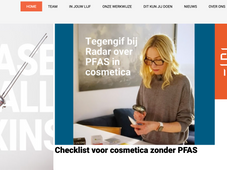
Tegengif/ Erase all Toxins

Gender Equality & Women's Rights

Transitiecoalitie Voedsel/ Food Transition Coalition

Reducing healthcare's carbon footprint discussed at Nivel

Nivel - research for better care

ILO-OECD-WHO Working for Health programme

The Global One Health Environment

Gender-Responsive Public Procurement

Digital Health - The Stakes for Public Health

Health Workforce Mobility in Europe

Gender Budgeting in the Netherlands
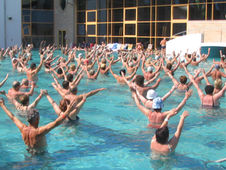
International PAD Strategic Network
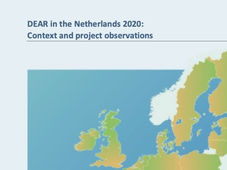
Development Education & Awareness Raising (DEAR)

Clean Air Now! Rapid Solutions to the Air Pollution Emergency
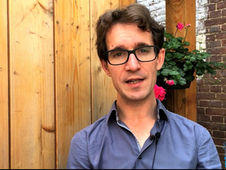
Interconnected Challenges: Public Health, Climate Change & Political Economy
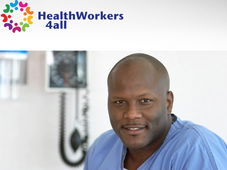
Health Workers for All: project manager & coordinator

Women's Rights & Social Justice: Coordinator & Rapporteur Dutch CEDAW Shadow Report

Participatory Video: FEMSCRIPT

Participatory Video: Daughters of the Niger Delta

Curriculum Development: Mapping Gender, Health & Development
bottom of page
